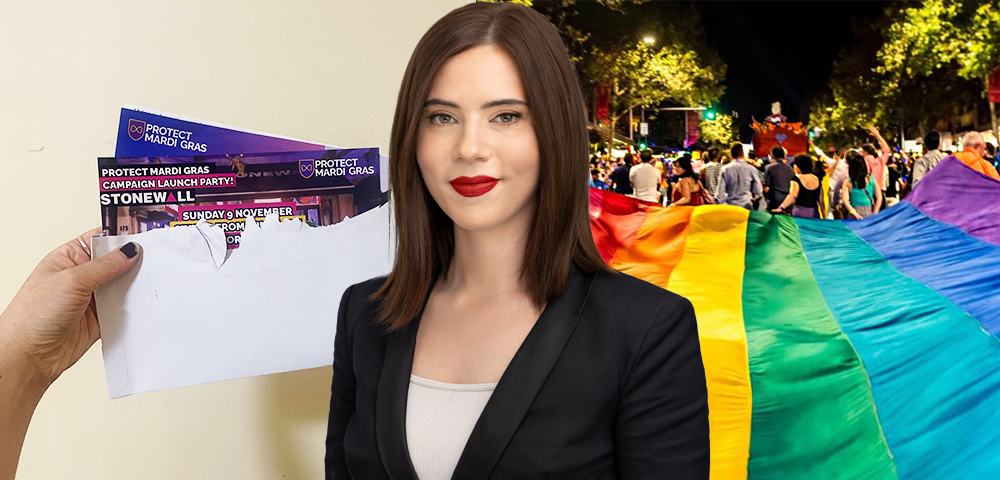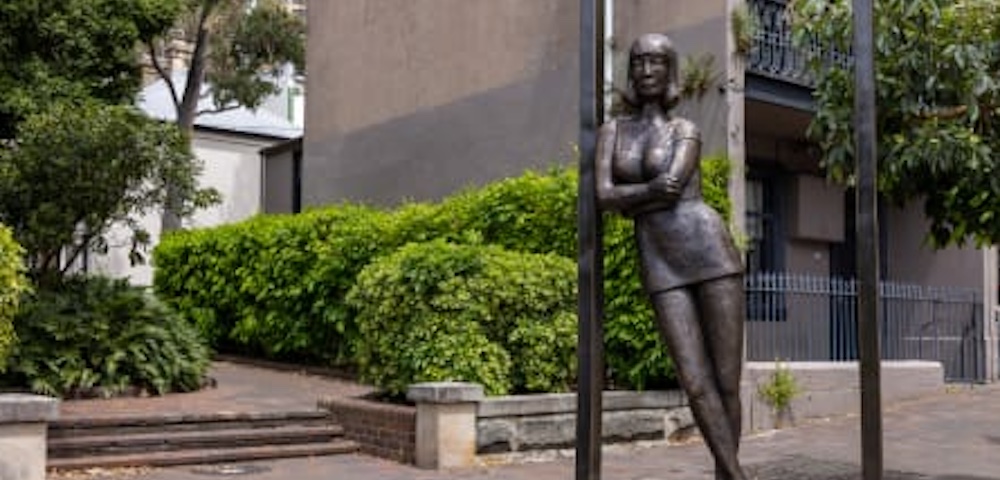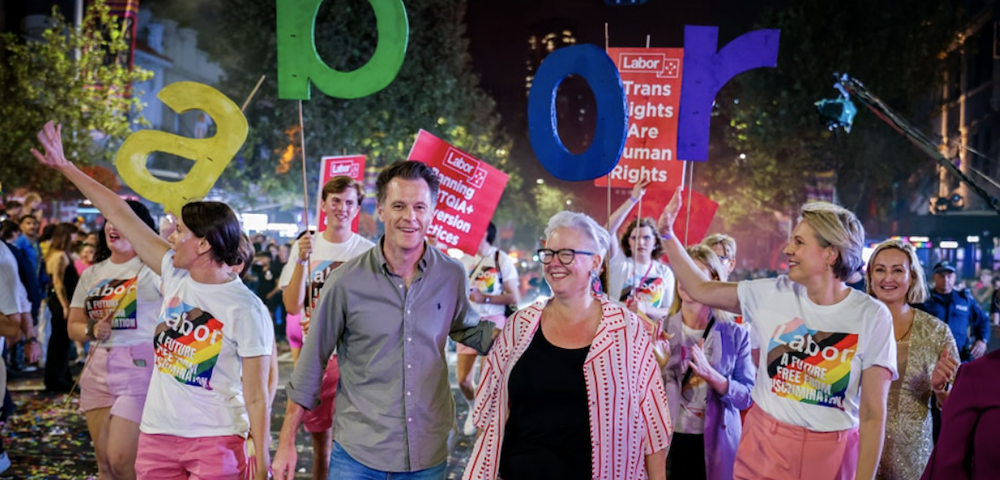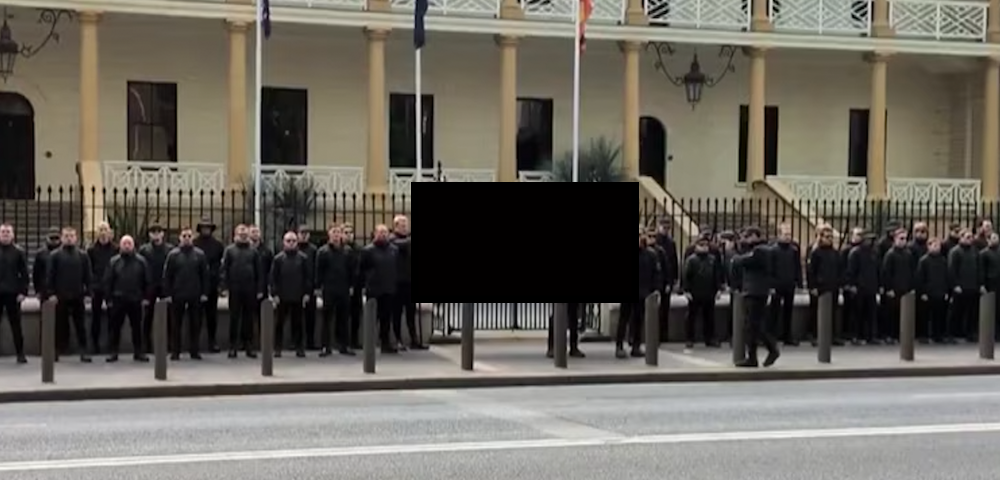
New music (25/6/03)
Next month Sydney audiences will be treated to a feast of 20th century music from turn of the century Schoenberg to recent pieces by Ligeti and Kats-Chernin. With a special emphasis on Hungarian and French music, the festival will present nine concerts over two weekends including orchestral, choral and solo instrumental pieces.
One of the big drawcards of the festival is British pianist Joanna MacGregor, who will perform Messiaen’s stunning piano masterwork Vingt Regards Sur L’Enfant J?s.
Mac-Gregor shook up the British music establishment last year when her eclectic classical crossover album Play was nominated for the prestigious Mercury Music Prize. She was up against the likes of David Bowie but in the end was beaten by hip-hop queen Ms Dynamite. Her repertoire includes baroque, jazz, world music and contemporary classical, her accolades include virtuosic, euphoric and profound.
Andrew Ford, who will be acting as tour guide for the festival, leading a number of forums and giving pre-concert talks, is enthusiastic about MacGregor and assures me she is much more than a marketing sensation.
I think it’s interesting that MacGregor does have such a broad range of musical taste. I think that’s a hallmark of music today, that it’s possible to appreciate a range of music and see connections between them, Ford notes.
He also notes that eclecticism and a wide range of references are characteristic of many of the featured composers.
Suddenly at the age of 60 Ligeti’s been able to be heavily influenced by the music of sub-Saharan Africa. Even though he was a card-carrying modernist there’s no embarrassment about that and neither should there be because one of the most important themes of modernism has always been how it draws popular -“ that is folk -“ musical traditions into the concert hall, changing the sound of concert music.
And have no fear it’s tuneful as well!
Ligeti’s piano concerto is a complicated work but it’s also full of tunes, full of jazzy rhythms and references to some of the textures and rhythmic devices of pygmy music and the influence of chaos theory is there as well. It’s full of stuff people can really latch on to, Ford contends.
This is a far cry from the harsh mathematical modernist music of the 1950s that Ford compares to a bushfire.
It was as destructive and as necessary as a bushfire and it made possible new growth, he says
For the composers at the time, like Boulez and Stockhausen who were in their 20s then, it was getting rid of what they saw as the classical equivalent of Bing Crosby and Perry Como.
There is a strong connection between Boulez and Bill Haley. I think what integral serialism was doing in the concert hall was what the three-chord rock and roll song was doing on the jukebox and it really was slash and burn. The three-chord rock and roll song blossomed in the 1960s into something much more adventurous and incredibly varied and the same thing happened with concert music.
Apart from MacGregor and Ford, the other star of the festival is Dutch conductor and 20th century specialist Reinbert de Leeuw.
Players have an enormous respect for him and so do composers. He’s very patient -¦ He’s achieved some very impressive results with Australian orchestras taking them through some fiendishly complex pieces and producing persuasive performances, Ford says.
Â
The Contemporary Music Festival will be held 4-6 & 11-13 July. For program details go to www.sydneysymphony.com. Or phone 9334 4600 for bookings.
Â
Â









